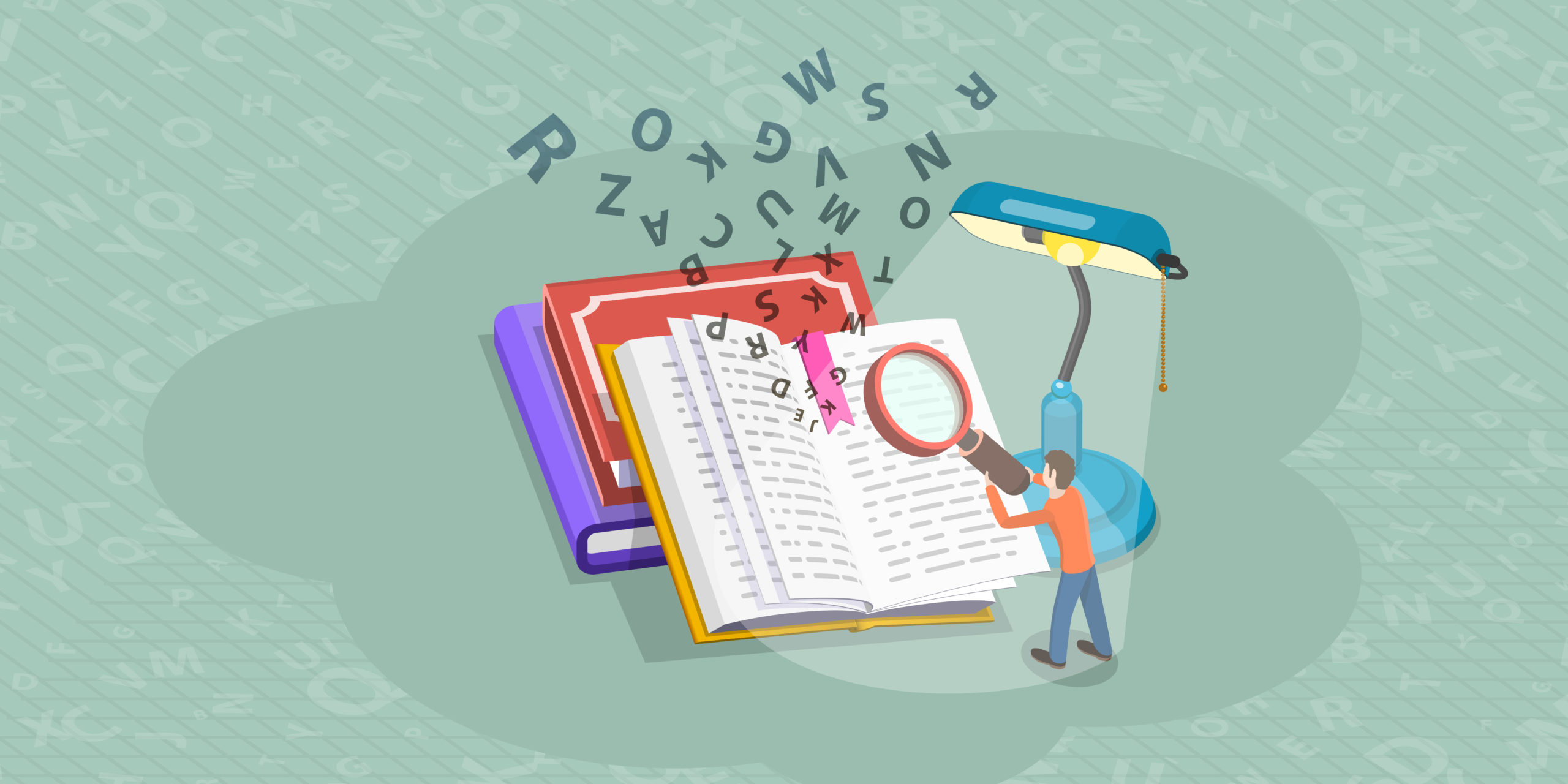October 8, 2020
6 Terms Commonly Used by VPNs and What They Mean
Posted by kevin

If you’re on the hunt for a VPN to keep your internet-surfing safe from prying eyes, chances are you’ve run into plenty of terms you may not understand. For example, you may not be familiar with what encryption is and why it’s important, or you scratch your head every time someone talks about P2P. What do these terms mean? Let’s tackle some of the terms commonly used by VPNs to help you understand what they mean and how they relate to virtual private networks.
- P2P
- Tunnelling
- Encryption
- IP Address
- Five Eyes
- Geo-Restrictions
1. P2P
P2P is short for peer-to-peer. This term describes a form of digital file sharing. In this case, “peers” refers to the various devices connected in a network. Devices can include phones, tablets, laptops, and desktop computers. With P2P sharing, one device connects to another, rather than connecting to a server, to create a connection. This allows devices to communicate with one another and exchange files directly. Although P2P is a reasonably convenient method of sharing files, by connecting your device to another, the person on the other end of the network may be able to see your location and activities. If that person isn’t trustworthy, your online safety and privacy can be compromised. By using a VPN, you can encrypt and anonymize your activity so no one can see it.
2. Tunnelling
Tunnelling is the process of creating a secure and encrypted connection between a device, such as a mobile phone or laptop, to a VPN server. This tunnel is where your browsing data and activity passes through, keeping it safe and secure from prying eyes. Some VPNs offer split tunnelling, meaning that data travels through multiple tunnels, making it even harder for anyone to discover your location.
3. Encryption
Encryption is the process of scrambling data so no one can see or understand it unless they have the “key” to unlock it. In this form, data is useless and meaningless unless it’s decrypted. With data encryption, anyone who gets their hands on your data will find nothing more than an incomprehensible mess. While it is not impossible to decipher encrypted data, it is extremely time-consuming to do so, which makes your browsing a lot safer. One of the best features of any good VPN is that it encrypts all of your data so no one can understand it.
4. IP Address
Another of the terms commonly used by VPNs is IP address. It stands for internet protocol address and works similarly to your home address. These addresses are assigned to specific devices or networks (like your home wi-fi network). They allow websites to send your search results to the correct place, and allow people to identify where a connection is coming from, which can harm your privacy. With a VPN, your real IP address is masked with another IP address courtesy of the VPN. This keeps your real identity hidden.
5. Five Eyes
Five Eyes, or the Five Eyes Alliance, is a security alliance between the US, UK, Australia, Canada, and New Zealand. The countries in this alliance work together and share surveillance data on their citizens. It goes without saying that this is hugely detrimental to your privacy. As a result, many internet users turn to VPNs. Unfortunately, the Five Eyes countries have the ability to force VPNs operating within their jurisdiction to turn over any user data they have. To ensure your data is not being stored and shared, choose a VPN provider based outside any of these countries.
6. Geo-Restrictions
Many online sites, like Netflix, have geo-restrictions. This means that anyone outside of a specific geographical location cannot access restricted content. For example, people living in Korea may not be able to watch a show available on Netflix US (and vice versa). To avoid this issue, many people turn to VPNs. With this tool, you can easily circumvent geo-restrictions by connecting to servers within the country whose content you want access to.
Conclusion
Now that you know these terms, you can better understand how VPNs work and what features they have to offer you. If there are any other terms you want to know about, a simple search online will more than likely lead you to the information you need!
Finally, do not hesitate to contact a VPN service if you have any questions regarding their offerings. With so many VPNs available, doing so can be the difference between choosing the perfect VPN for your needs and ending up with one that fails to meet your expectations.
If you want secure internet access, use HotBot VPN today! Download now from the Play Store, App Store, or our website (for Windows devices).
Posted by kevin
More Blog Posts
February 14, 2023
How the Investigatory Powers Act Impacts Citizen Privacy
In 2016, the United Kingdom passed the Investigatory Powers Act or IP Act, into law. This act empowered the government and related agencies to access and collect citizen data, without consent. Critics immediately slammed the new law. The media dubbed it the “Snoopers’ Charter.” Meanwhile, Edward Snowden described the act as “the most extreme surveillance […] Read moreFebruary 14, 2023
Review: qBittorrent Torrent Client
If you plan on torrenting files, you need a client with which to do so. There are dozens on the market, some paid, some free. Others are feature-heavy while some have just the basics. A few are recent additions to the market while others have been around nearly as long as torrenting. The qBittorrent torrent […] Read moreFebruary 14, 2023

